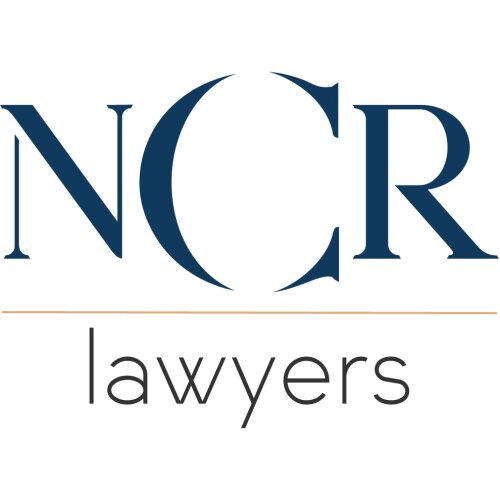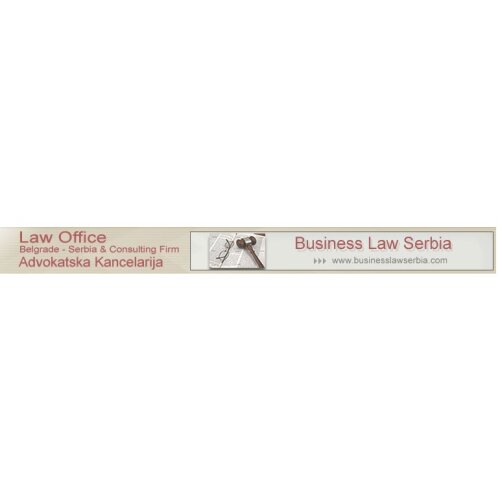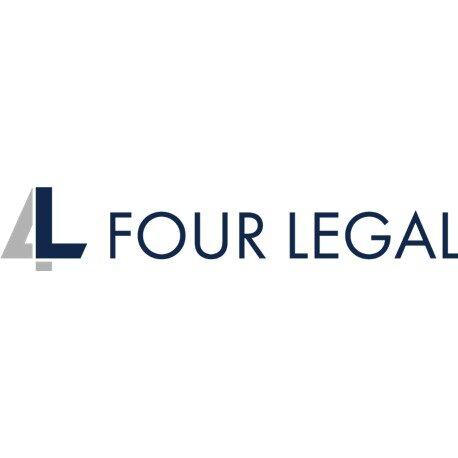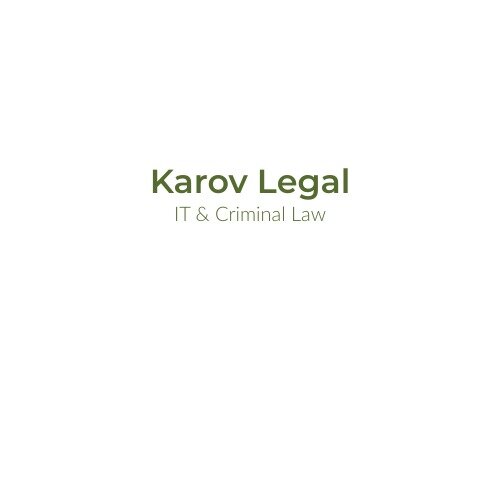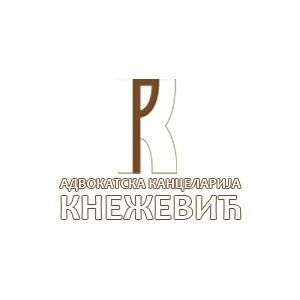Best Commercial Litigation Lawyers in Serbia
Share your needs with us, get contacted by law firms.
Free. Takes 2 min.
Or refine your search by selecting a city:
List of the best lawyers in Serbia
Legal guides written by Business Law office - Advokatska Kancelarija:
- Why Invest In Serbia
About Commercial Litigation Law in Serbia
Commercial litigation in Serbia refers to the process of resolving disputes between businesses or other commercial entities through legal action in the courts or alternative dispute resolution methods. These disputes often arise from breaches of contract, non-payment of invoices, shareholder disagreements, partnership conflicts, or other business-related issues. Serbia’s legal system offers several mechanisms to address and resolve commercial disputes efficiently, aiming to protect the rights and interests of businesses and maintain a healthy economic environment.
Why You May Need a Lawyer
It is advisable to seek the assistance of a qualified lawyer if you are involved in a commercial dispute in Serbia. Typical scenarios where legal help may be essential include:
- Disputes over the terms or execution of a business contract
- Problems with payment or collection of debts
- Disagreements between shareholders or partners in a company
- Claims regarding intellectual property or unfair competition
- Issues arising from mergers, acquisitions, or company restructuring
- Settlement of damages or liability in business transactions
- Challenges to company decisions or actions from regulatory authorities
- Bankruptcy or insolvency proceedings impacting creditors or debtors
A lawyer specializing in commercial litigation can provide expert advice, represent your interests in court, help negotiate settlements, and ensure that your business acts in compliance with Serbian law.
Local Laws Overview
Commercial litigation in Serbia is principally governed by the Law on Civil Procedure, the Law on Contracts and Torts, and the Law on Enforcement and Security. Commercial disputes typically fall under the jurisdiction of the commercial courts (privredni sudovi). Some key aspects of the legal process include:
- Mandatory attempt at mediation is sometimes required before litigation
- Cases are usually heard by specialized commercial courts at the first instance
- The right to appeal decisions is guaranteed, with higher courts acting as appellate instances
- Evidence and documentation standards are strictly regulated and enforced
- Enforcement of judgments, both domestic and foreign, follows specific legal procedures
- There are prescribed time limits for initiating legal action
- Interim measures can be requested to prevent harm or preserve assets during litigation
- Alternative dispute resolution methods such as arbitration are recognized and encouraged
Understanding the local commercial law framework is crucial for ensuring your case is handled efficiently and effectively.
Frequently Asked Questions
What is considered a commercial dispute under Serbian law?
A commercial dispute generally involves legal issues arising out of business relationships or operations, including contracts, sales, services, shareholder agreements, intellectual property rights, or competition law.
Which courts handle commercial disputes in Serbia?
Specialized commercial courts (privredni sudovi) have jurisdiction over most commercial disputes. Appeals are heard by higher commercial courts, with the Supreme Court of Cassation acting as the highest appellate authority.
How long does it usually take to resolve a commercial litigation case?
The timeframe varies depending on the complexity of the case and the court’s workload. Standard cases may take several months to over a year, while more complex disputes or appeals could extend the process.
Is mediation or arbitration required before going to court?
For some types of disputes, mediation may be mandatory before litigation can proceed. Arbitration is a voluntary alternative to court proceedings, but only if both parties have agreed to it.
Can foreign companies litigate in Serbian commercial courts?
Yes, foreign entities can initiate or participate in proceedings before Serbian commercial courts, subject to compliance with local procedural rules.
What are the costs involved in commercial litigation in Serbia?
Costs typically include court fees, attorney’s fees, expert witness fees, and other litigation expenses. The losing party may be required to reimburse the costs of the winning party, depending on the court’s decision.
How are judgments enforced in Serbia?
Once a final judgment is made, enforcement proceedings can be initiated through the courts. This may involve asset seizure, bank account freezes, or other measures to secure payment or fulfill obligations.
What is the statute of limitations for commercial claims?
The statute of limitations varies based on the nature of the claim, but most commercial claims must be initiated within three to five years from the date the right could have been exercised.
Can evidence from abroad be used in Serbian courts?
Yes, Serbian courts accept foreign evidence, but it may need to be translated, notarized, and legalized according to international treaties or local law.
What should I do if I receive a lawsuit or summons from a commercial court?
It is important to consult with a qualified commercial litigation lawyer immediately to assess your legal position, meet all deadlines, and prepare an appropriate response or defense.
Additional Resources
If you are seeking more information or support related to commercial litigation in Serbia, consider contacting the following:
- Serbian Ministry of Justice - for official information on legislation and judicial system
- Chamber of Commerce and Industry of Serbia - assists businesses with legal and regulatory matters
- Local bar associations - for referrals to licensed commercial litigation attorneys
- Judicial Academy - offers insights into court organization and proceedings
- Serbian Arbitration Association - information on arbitration as an alternative dispute resolution method
Next Steps
If you are facing a commercial dispute or need legal advice in commercial litigation, it is important to act promptly. Consider taking these steps:
- Document all relevant facts, agreements, communications, and evidence
- Contact a qualified commercial litigation lawyer to discuss your case and legal options
- Review all legal documents and deadlines with your lawyer’s assistance
- Evaluate the possibility of settlement or alternative dispute resolution if suitable
- Follow your lawyer’s guidance in preparing your claim or defense and participating in court proceedings
Professional legal assistance is crucial to safeguarding your interests and navigating the complexities of commercial litigation in Serbia.
Lawzana helps you find the best lawyers and law firms in Serbia through a curated and pre-screened list of qualified legal professionals. Our platform offers rankings and detailed profiles of attorneys and law firms, allowing you to compare based on practice areas, including Commercial Litigation, experience, and client feedback.
Each profile includes a description of the firm's areas of practice, client reviews, team members and partners, year of establishment, spoken languages, office locations, contact information, social media presence, and any published articles or resources. Most firms on our platform speak English and are experienced in both local and international legal matters.
Get a quote from top-rated law firms in Serbia — quickly, securely, and without unnecessary hassle.
Disclaimer:
The information provided on this page is for general informational purposes only and does not constitute legal advice. While we strive to ensure the accuracy and relevance of the content, legal information may change over time, and interpretations of the law can vary. You should always consult with a qualified legal professional for advice specific to your situation.
We disclaim all liability for actions taken or not taken based on the content of this page. If you believe any information is incorrect or outdated, please contact us, and we will review and update it where appropriate.
Browse commercial litigation law firms by city in Serbia
Refine your search by selecting a city.




